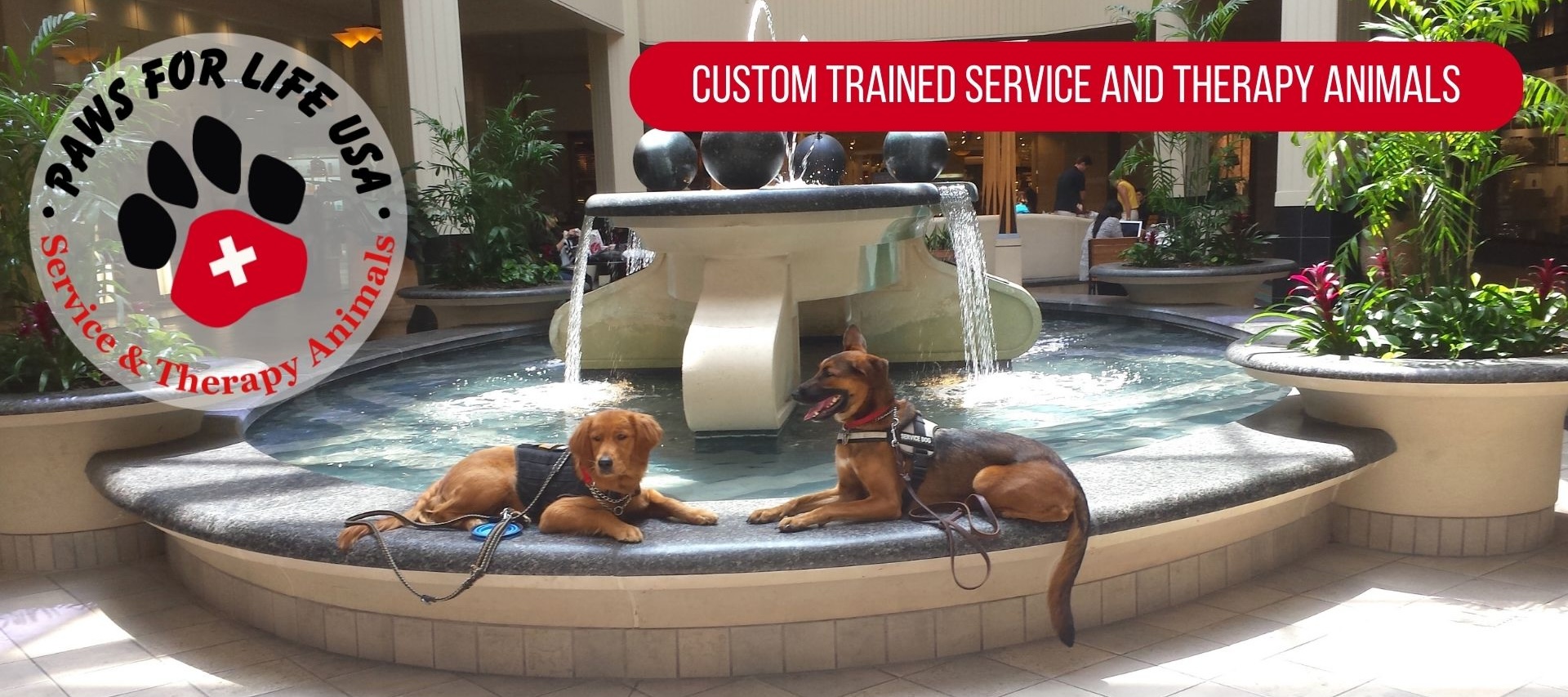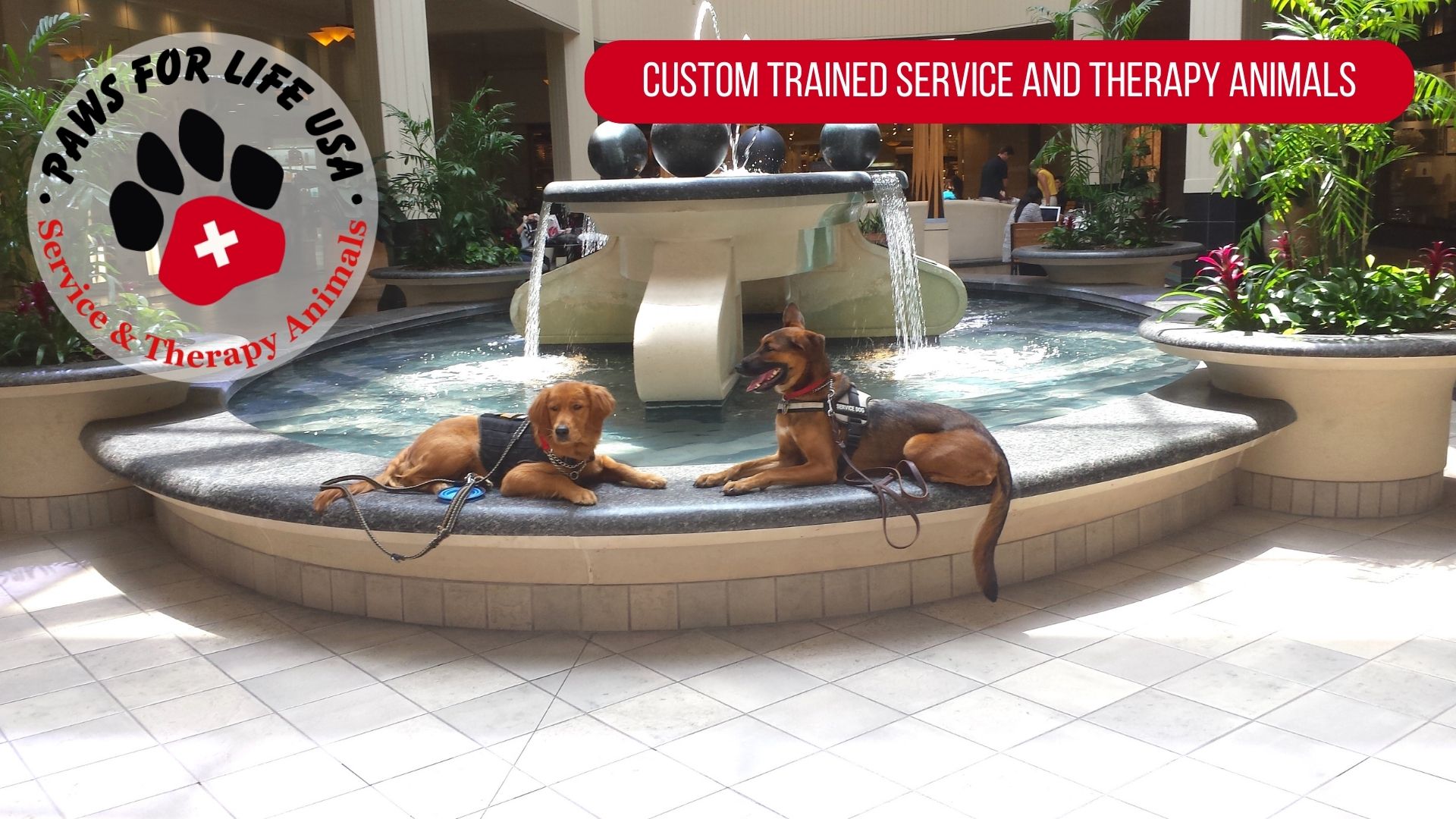An overview of Paws For Life USA Grievance Resolution Policy
Our policy provides a procedure for addressing complaints and disputes that may arise in the workplace whilst ensuring that grievances are resolved in a prompt, fair and effective manner; respecting the rights of all involved.
Grievance resolution is an integral part of a manager’s/supervisor’s role. Managers/supervisors have general responsibilities to identify, prevent and respond to inappropriate situations in the workplace. Effective local action may prevent the need for more formal grievance resolution procedures.
Anyone is able to express a grievance or complaint without fear of victimization, retribution or reprisal (either subtle or implied). Parties involved are expected to make efforts to establish an atmosphere of good faith, trust and open communication; enabling matters to be addressed in a constructive and non-threatening manner. Resolution focuses on the re-establishment of good relationships in a timely manner with a minimum number of people involved.
A complaint or grievance may be taken to any level within Paws For Life USA. However, where possible, complaints and grievances should be addressed and resolved at the point of conflict by the persons concerned, or as close as possible to the level where the conflict has occurred (i.e. with the assistance of the person’s immediate manager or other appropriate manager); progressing higher if necessary to the Director who is responsible for grievance and complaints. They may also be contacted at any time for advice and help as needed.
An informal grievance resolution process:
• Emphasizes satisfactory resolution (mutually acceptable) between the parties to conclude the procedure;
• Is generally managed within Paws For Life USA; and
• May be appropriate where: – the complaint is less serious, and there is no history of prior complaints or misconduct, and/or – it is likely that the people involved will have ongoing contact with each other and require an effective and amicable working relationship, and/or – the resolution may be fairly easy to implement such as an apology, clarification, development or modification of a policy or process.
A formal grievance resolution process:
• Is required when an allegation is of a serious nature (or may be required where there is a history of repeated less serious complaints involving the same individual);
• Requires the grievance to be put in writing and signed by the person lodging the grievance;
• Requires a formal investigation resulting in findings on the balance of probabilities and reasonableness in the circumstances; and/or
• A Decision Maker (Grievance and Complaints Committee if needed) determines the outcome(s), which may include a penalty or disciplinary action being applied.
At times, grievance resolution may benefit the whole of Paws For Life USA. Some possible outcomes of this nature include: retraining all workers, updating policies and procedures, and implementing strategies to monitor conduct.
P.O. Box 72016, Marietta, GA 30007-2016 Ph: 770-402-0297 Fax: 770-579-8289 Tax id# 86-1094919 501c3 non profit Animals Deserve Better, Inc DBA Paws For Life USA Service & Therapy Animal Trainers – Educators of Humane, Disaster or ADA Programs
Staff, volunteers and contractors involved in a complaint or grievance are responsible for:
• participating in the grievance resolution processes in good faith (i.e. not to be used for revenge, retribution or alike) and in accordance with the Grievance Resolution Policy;
• cooperating fully in investigative processes;
• maintaining confidentiality;
• outlining any perceived variance from the principle of natural justice as it arises in the handling of a grievance, so that it may be promptly addressed and rectified by the grievance handler; and
• continuing to work as normal during a grievance resolution process, unless advised otherwise by the grievance committee.
Managers/supervisors involved in a complaint or grievance are responsible for:
• responding appropriately to grievances and managing the resolution procedure in accordance with the Grievance Resolution Policy (often being appointed as the grievance handler for less serious complaints or grievances);
• seeking advice from the Director of Grievance and Complaints as required, and for all allegations of a serious nature or where unsure; • ensuring the principles of natural justice are upheld;
• striving to reach satisfactory resolution for all parties involved in a timely manner;
• maintaining records of the grievance handling process;
• ensuring confidentiality is upheld; and
• ongoing monitoring to ensure parties are supported to repair their relationship, to ensure concerns are not repeated and the parties are not subjected to any reprisals of any kind. Director of Grievance and complaint’s role (acting as a contact/information officer):
• listening to grievances and explaining the options in terms of the procedure when approached;
• maintaining confidentiality (unless the grievance raised may allege unlawful conduct, threat to a person’s wellbeing or misconduct that could have implications on a person’s employment);
• retaining records of formal grievances; and
• periodically reviewing the appropriateness of the Grievance Resolution Policy.
Investigators (with reference to formal grievance handling) are responsible for:
• ensuring the principles of natural justice are upheld;
• ascertaining information about the grievance and focusing on determining the facts;
• interviewing the person who the grievance is against; • interviewing any witnesses;
• considering all relevant information only;
• maintaining thorough documentation throughout the investigation, which may include signed statements and annexed copies of relevant materials;
• making a judgement or finding(s) about whether the allegation(s) may be reasonably substantiated on the balance of probabilities, in the form of a confidential report to the Director of Grievance and Complaints; and
• making recommendations with regard for reasonableness in the circumstances. The Grievance and Complaints committee (with reference to formal grievance handling) are responsible for:
• reviewing the investigation report;
• making decisions that are sound and defensible based on the investigations;
• considering the range of possible outcomes and the impact on the person;
• ensuring the principles of natural justice are upheld; and • imposing the decision with impartiality, due care, dignity and confidentiality.
Note: This information has been summarized from the Grievance Resolution Policy – for more com prehensive information please refer to the full policy and related policies .


